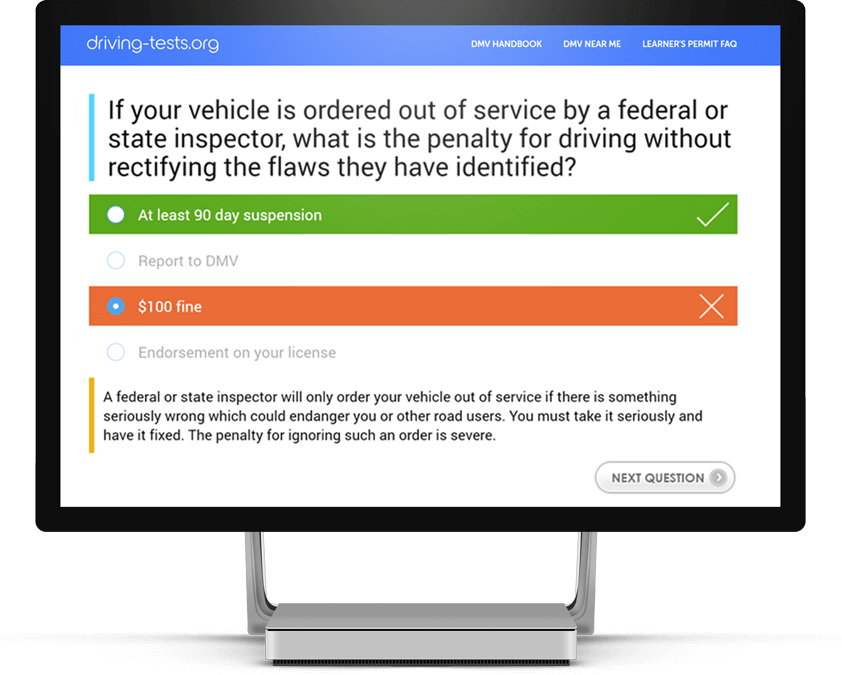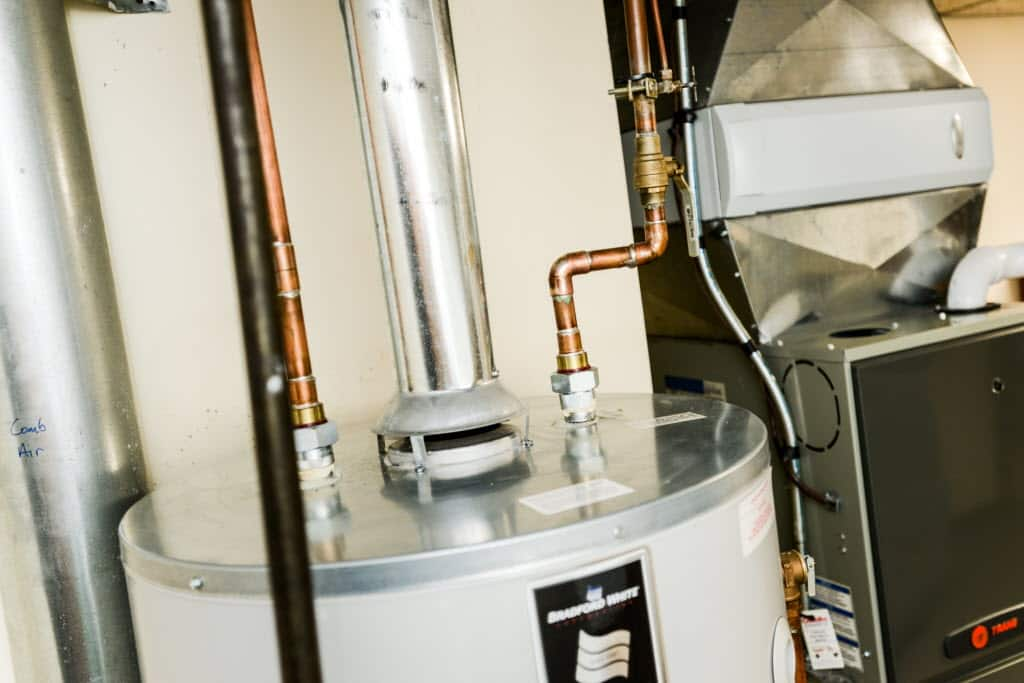

Refrigeration, Heating and Air ConditioningĮlectricians who hold specialty licenses are not licensed to do general electrical work.There are six Specialty Electrician license classifications: Electrical contractors must either be master electricians or be employed by master electricians. A third license classification, Electrical Contractor, covers individuals who own or manage businesses that provide electrical services. Idaho electrical licenses cover two options: Journeymen Electricians and Master Electricians. What are the different types of electrical licenses in Idaho? The Idaho Division of Building Safety oversees the licensing process. Yes, you need an Idaho electrical license. See Texas Occupations Code § 1305.003(a)(22).Does Idaho require an electrical license? The above services and work scope, if performed by a RAIL holder as outlined, would be in accordance with TDLR requirements and may be deemed eligible for applicable governmental, vendor, or manufacturer rebates sought by consumers. However, maintenance and repair maybe performed using only components of the same type and ampacity as the original components.

In addition, a residential appliance dealer or manufacturer, or a person authorized by a dealer or manufacturer, may perform maintenance and repair of a pool-related electrical device. Install, uninstall, or replace pool-related electrical devices that use direct or alternating current.Not require an increase in amperage or access to a main breaker panel.įor example, a RAIL holder may install salt systems, a time clock or similar automation equipment, a variable speed motor, or ultraviolet or ozone equipment. Install or add pool-related electrical devices to an existing pool that do.However, if the system requires a new or upgraded “line-circuit,” only a licensed electrical contractor with a designated master electrician may offer to perform that work. Install, uninstall, or replace pool-related electrical devices including underwater lights, ground-fault circuit interrupter (GFCI), pumps, motors, heaters, automation systems, and related equipment on the “load-side” of the control-center while maintaining National Electrical Code compliance.The Texas Department of Licensing and Regulation (TDLR) hereby provides additional scope of work and service guidance to political subdivisions, residential appliance installer license (RAIL) holders, and related stakeholders regarding pool and spa work settings.

Residential Appliance Installers Authorized Scope of Work and Service – Pool-Related Electrical Devices


 0 kommentar(er)
0 kommentar(er)
